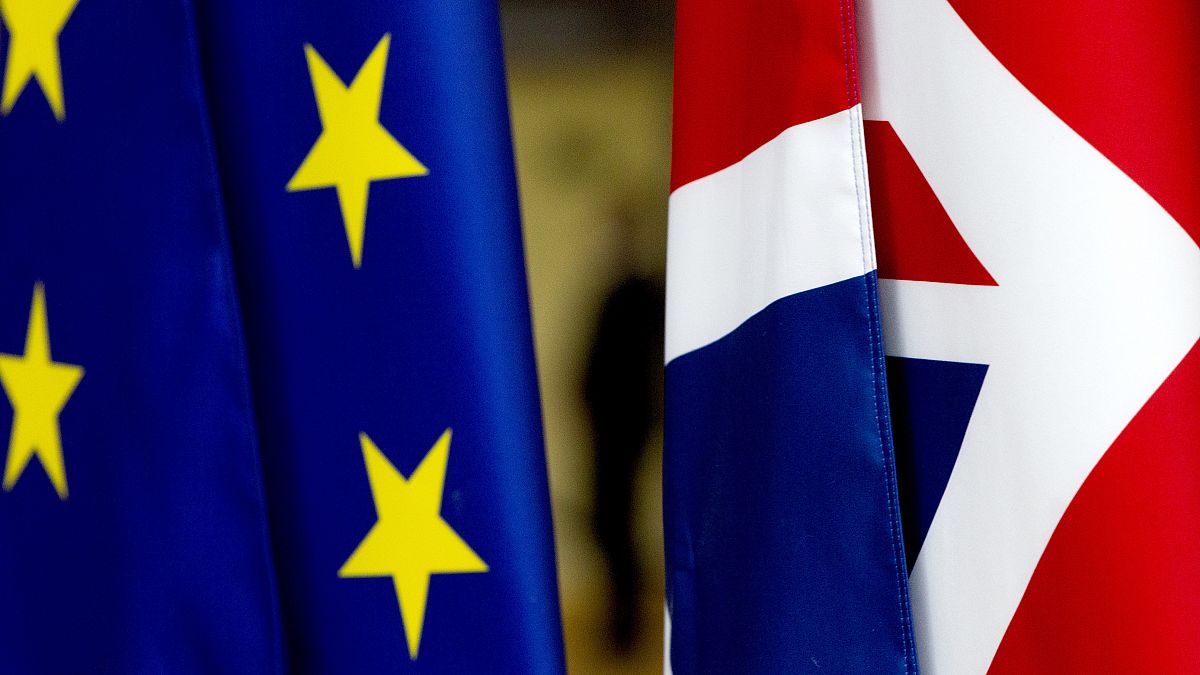The withdrawal of the United Kingdom from the European Union marked a significant shift in the economic landscape of Europe. While much of the discourse has centered on trade tariffs and regulatory divergence, tax treaties have emerged as pivotal instruments in shaping the contours of EU-UK trade post-Brexit. These treaties are essential in addressing the complexities of cross-border taxation, ensuring that businesses and individuals can operate with a degree of fiscal predictability amidst the changing political environment. This article explores the role of tax treaties in the evolving EU-UK trade relations and examines how these agreements are influencing post-Brexit trade dynamics.
Tax Treaties: Cornerstones of EU-UK Trade Relations
Tax treaties have long served as foundational elements in international trade, providing clear guidelines on the taxation of income and capital across borders. For EU-UK trade relations, these treaties mitigate the risk of double taxation, where the same income is taxed in both the UK and an EU member state. By establishing which country has the taxing rights over certain types of income, tax treaties facilitate smoother economic interactions and encourage investment by reducing the fiscal uncertainty that can deter cross-border business activities.
In the context of Brexit, tax treaties have become even more critical. With the UK no longer part of the EU’s single market and customs union, the bilateral agreements between the UK and individual EU member states have taken on greater significance. These treaties help to maintain a semblance of continuity in trade relations, providing a framework that businesses can rely on to understand their tax obligations and benefits. They play a crucial role in protecting cross-border workers from excessive taxation and ensuring that multinational companies can optimize their tax liabilities in a legally compliant manner.
Moreover, tax treaties are instrumental in fostering international cooperation on tax matters, which is increasingly important in the post-Brexit era. They often include provisions for the exchange of information and mutual assistance in tax collection, enhancing transparency and compliance. This cooperative aspect is vital for combating tax evasion and avoidance, issues that have gained prominence in the global economic agenda. As such, tax treaties not only support trade by clarifying tax liabilities but also contribute to broader efforts to uphold fair and effective tax systems internationally.
Post-Brexit Trade: Navigating Tax Treaty Implications
In the wake of Brexit, businesses engaged in EU-UK trade have had to navigate a new tax landscape shaped by existing and emerging tax treaties. The renegotiation or adaptation of these treaties to reflect the UK’s departure from the EU has been a complex but necessary process. Businesses must now carefully assess how these changes impact their operations, particularly regarding withholding taxes on dividends, interest, and royalties, which can significantly affect cash flows and investment decisions.
An important consideration is the potential for divergence in tax policy between the EU and UK. While tax treaties provide a degree of stability, they are not immune to shifts in national tax legislation. The UK, for instance, may pursue more aggressive tax policies to attract investment, such as lower corporate tax rates or new incentives for research and development. Such changes could lead to tensions or necessitate renegotiations of existing treaties to prevent tax competition and ensure a level playing field in the EU-UK trade relationship.
Furthermore, the implementation of the OECD’s Base Erosion and Profit Shifting (BEPS) framework and the EU’s Anti-Tax Avoidance Directive presents additional challenges and opportunities for EU-UK trade. These international initiatives aim to curb tax avoidance by multinational enterprises and are reflected in many tax treaties. Businesses must stay informed of how these initiatives are incorporated into national laws and treaties, as they can influence tax liabilities and reporting requirements. In this evolving environment, tax treaties act as both a stabilizing force and a dynamic tool that shapes the future of EU-UK trade relations.
As the UK and EU continue to define their post-Brexit relationship, tax treaties remain a vital component of their economic interaction. These agreements provide the legal framework necessary to facilitate trade and investment, offering predictability amidst the broader uncertainties of Brexit. While challenges remain, particularly in aligning tax policies and adhering to international standards, tax treaties are indispensable in ensuring the continued flow of goods, services, and capital between the UK and EU. As both parties navigate this new chapter, the role of tax treaties in promoting fair and effective taxation will be crucial in sustaining a robust and resilient trade partnership.
